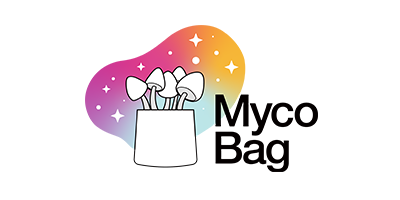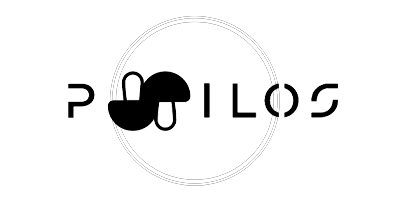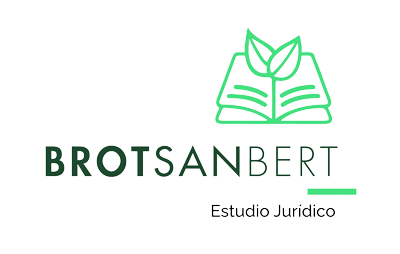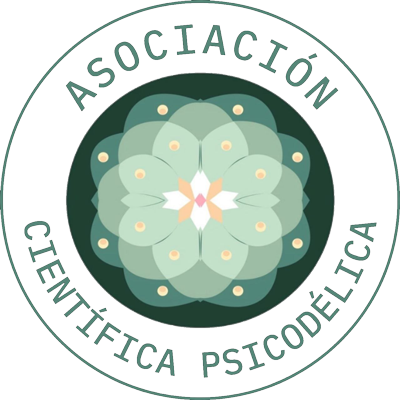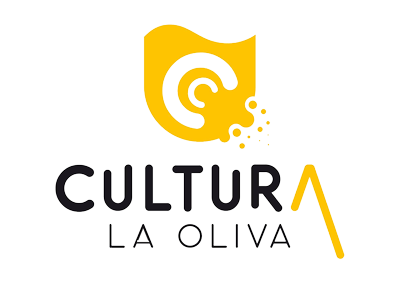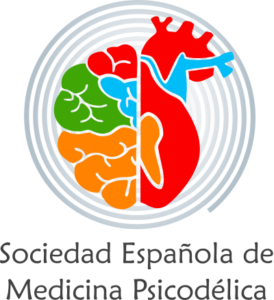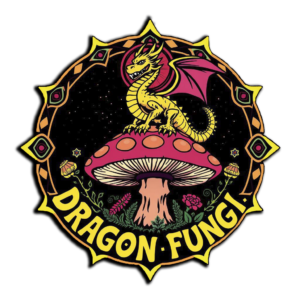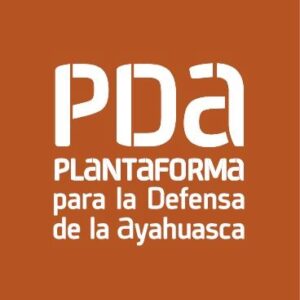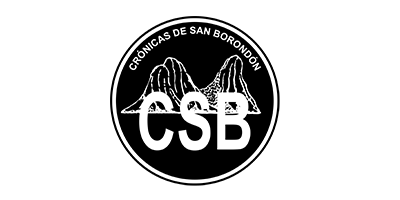Ketamine is a mysterious, versatile, and ambivalent substance. It has been used as an anesthetic in operating rooms since the 1960s, as a recreational drug in trance parties since the late 20th century, and more recently, it has become the only legally authorized psychedelic medication for mental health treatments—primarily, but not exclusively, for major depression.
This versatility has made ketamine the “Trojan Horse” of psychedelics in psychiatry, paraphrasing Celia Morgan, a researcher at the University of Exeter. Morgan participated in the last edition of Fuertedélica, held in November in Fuerteventura, in the roundtable discussion “Out of the Hole: Ketamine and Mental Health” alongside Estefanía Moreno from Clínica Synaptica and Eduardo Hidalgo. [You can access the recording of this discussion at this link.]
The combination of ketamine and therapy is used for patients diagnosed with treatment-resistant major depression—meaning those who have failed at least two rounds of traditional antidepressant treatment.
Tabla de Contenido
ToggleKetamine’s Versatility
However, the scope of the drug extends far beyond depression, as highlighted by this testimonial from a Clínica Synaptica patient:
“Being a person who has struggled for years with terrible anxiety and panic disorder ketamine has changed my life. I went through so many different pills only to find each of them had a different side effect that made living life on them unbearable. Then I discovered ketamine. And over the following 6 months after ketamine I was weened off all antidepressants with no major anxiety returning. Now I do maintenance sessions and they keep my anxiety and panic at the lowest levels they had been at in over 15 years, they also offer me a time of pure peace where I am cut off from the worlds and free to be with myself only. It’s been the great therapy for me every iba recommend it to anyone struggling with mental health disorders that ketamine can help.”
—A.A.
Like other psychedelics, ketamine promotes neuroplasticity in the brain, allowing it to act beyond a single pathology or diagnosis. As psychologist Estefanía Moreno from Clínica Synaptica noted in her presentation, “Where we see the most efficacy is in major depressive disorder, but ketamine has also shown effectiveness in obsessive-compulsive disorder (OCD), post-traumatic stress disorder (PTSD), attention deficit disorder, anxiety, chronic pain, and substance use disorders.”
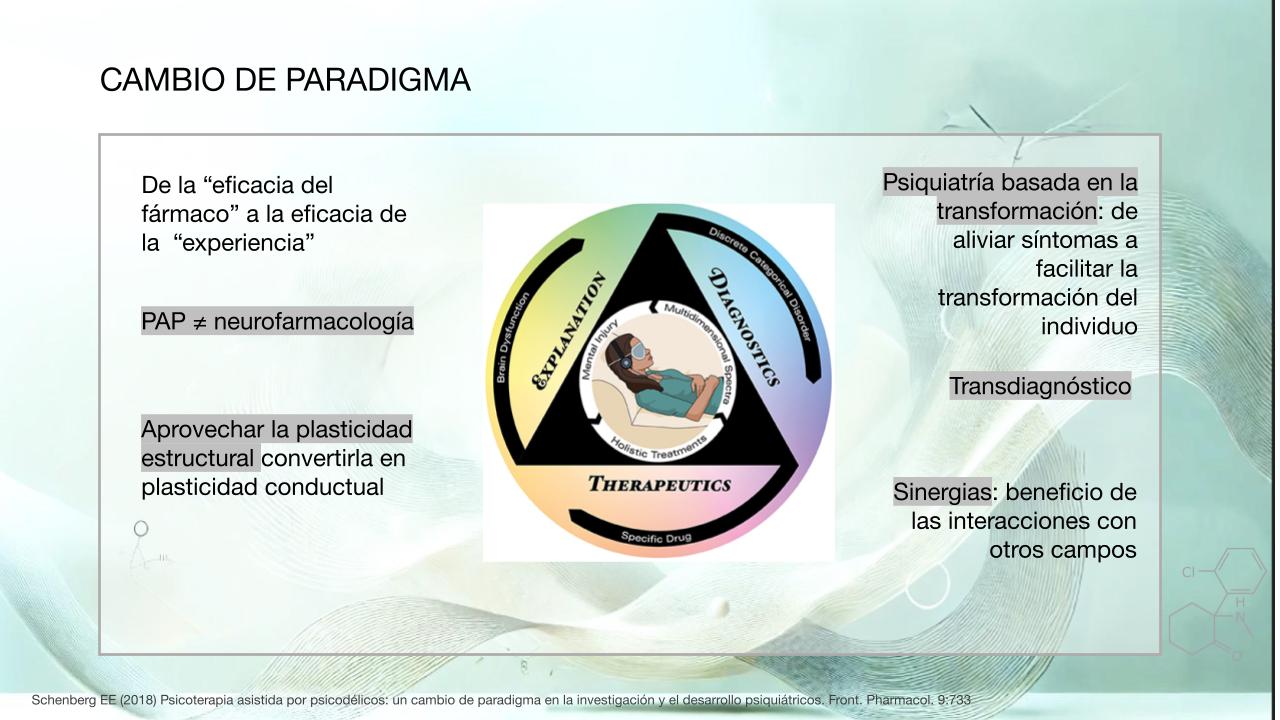
The Boom in Ketamine Clinics
Clínica Synaptica, a pioneer in the field, has been operating in Barcelona since 2022. In the United States, there are now 800 centers offering Ketamine-Assisted Psychotherapy (KAP), following the opening of the first clinic in Arizona in 2011. The surge in ketamine treatments has paralleled the mental health crisis sweeping the country: an estimated 25% of the U.S. population is diagnosed with a mental health condition.
A Paradigm Shift in Mental Health
Precisely, removing the diagnosis from the center of the equation and placing the patient in its stead is the guiding principle of ketamine-assisted therapy and, more broadly, psychedelic-assisted therapy, as expressed by Dr. Moreno during her talk at Fuertedélica:
“We are witnessing a paradigm shift; we are moving away from the efficacy of the drug alone (a hallmark of traditional neuropharmacology) and toward the efficacy of the experience. The idea of psychiatry as a tool for transformation—one that goes beyond symptom reduction and aims at the transformation of the individual. If we are making a paradigm shift, let’s do it for real: let’s take pathology out of the center and put the patient in its place.”
PsychedeliCare
This paradigm shift extends beyond ketamine to include other psychedelic substances with great therapeutic potential—though their use remains prohibited in most countries. To help bring this shift to reality, a European citizens’ initiative has launched a petition campaign, PsychedeliCare, to advocate for psychedelic-assisted therapy before the Council of Europe.
Òscar Parés, coordinator at Clínica Synaptica underscores the importance of this reform movement:
“The stigma surrounding psychedelics and those who use them is a legacy of prohibitionist laws. It is urgent to correct this historical mistake with policies based on scientific evidence and human rights. Legal reform is crucial to unlocking the full potential of psychedelic substances for the individuals and communities that could benefit from them.”
-Watch the roundtable discussion “Out of the Hole: Ketamine and Mental Health” here.
– Sign the petition to regulate psychedelic-assisted therapy in Europe.

